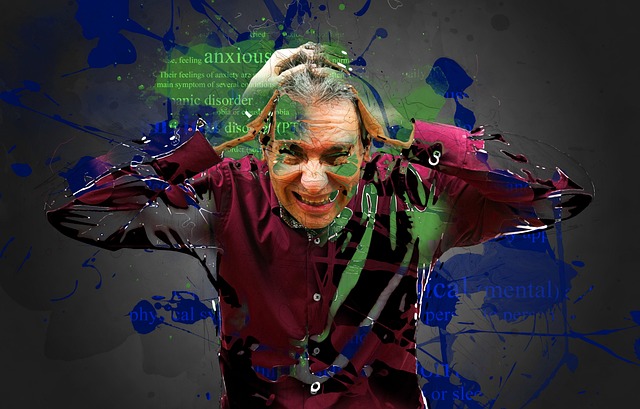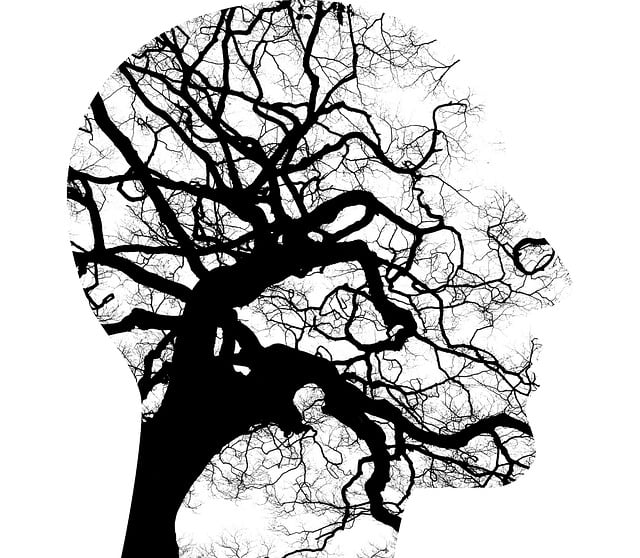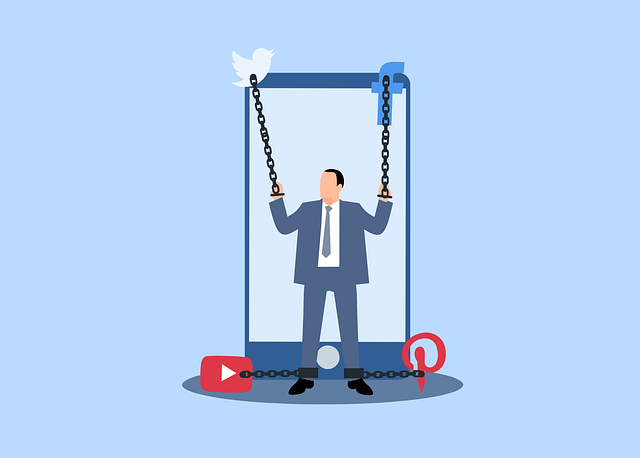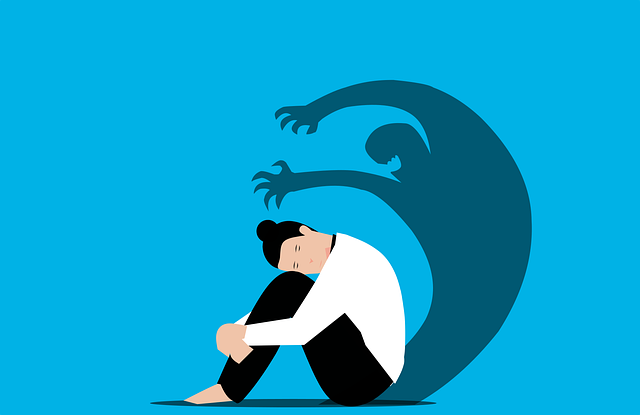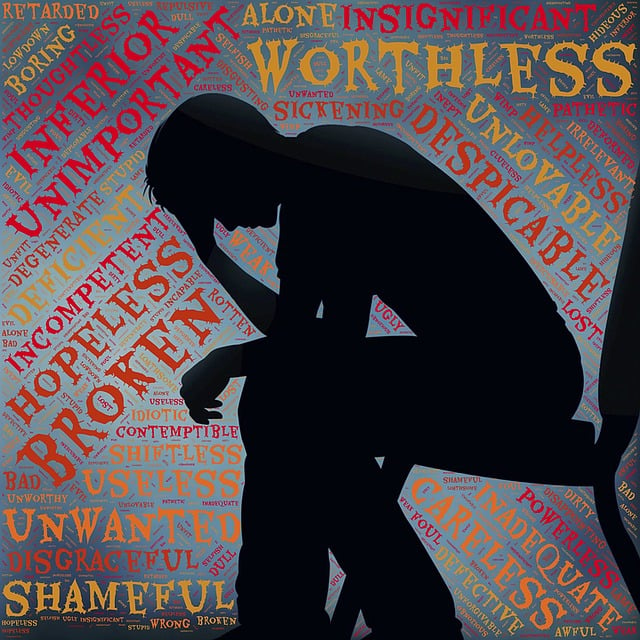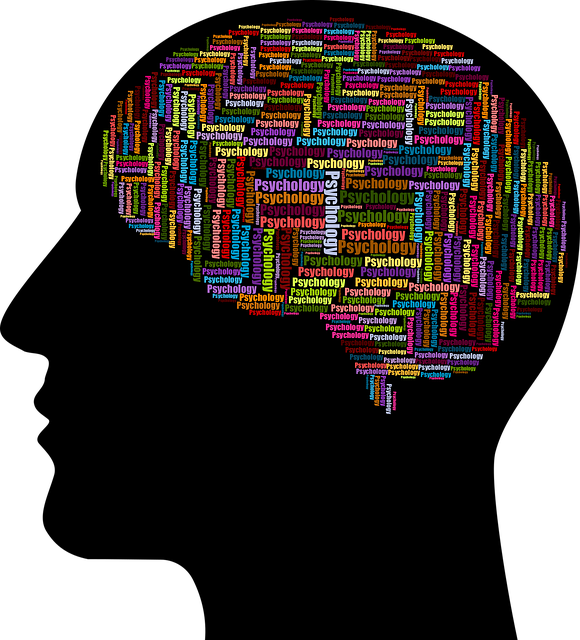The mental health needs of elders present unique challenges, such as isolation, loneliness, and cognitive decline, often leading to depression and anxiety. Tailored interventions like adapted CBT, early evaluations for conditions like mild cognitive impairment, and mindfulness meditation significantly improve their well-being. Key focus areas include therapy for elders and specialized mental health evaluations, which consider age-related barriers. Promoting mental health awareness among older adults encourages them to seek support without stigma, with resources like podcasts fostering open conversations around seniors' mental wellness. Advocating for accessible therapy for elders and incorporating "mind over matter" principles in therapy are crucial strategies.
Mental health advocacy is a vital initiative, especially for elders facing unique challenges. As our population ages, understanding the intricate web of mental health needs becomes imperative. This article explores the critical aspects of mental health advocacy for seniors, focusing on therapy accessibility and comprehensive evaluations. By shedding light on common barriers and best practices, we aim to empower community organizations and caregivers to navigate the complex landscape of elder care, ensuring quality mental health support and improved well-being.
- The Unique Mental Health Needs of Elders
- – Understanding the changes in mental health as people age
- – Common mental health challenges faced by older adults
The Unique Mental Health Needs of Elders

The mental health landscape for elders presents unique challenges and requires specialized attention due to the complex interplay of aging, physical health issues, and cognitive changes. As our population ages, addressing their specific mental health needs becomes increasingly vital. Elders often face isolation, loneliness, and a reduced sense of purpose, which can contribute to depression and anxiety. These feelings may be further exacerbated by age-related physical limitations or chronic illnesses that impact daily functioning.
Specialized therapy for elders focuses on tailored interventions, including cognitive behavioral therapy (CBT) adapted for their needs. Mental health evaluations play a crucial role in identifying issues like mild cognitive impairment or dementia early on, allowing for timely support and care. Strategies such as empathy-building techniques and mindfulness meditation can be powerful tools to enhance self-esteem, improve social engagement, and foster a sense of community among this demographic, ultimately improving their overall well-being.
– Understanding the changes in mental health as people age

As people age, their mental health needs often evolve, requiring tailored approaches to ensure well-being. Many older adults face unique challenges that can impact their psychological state, such as isolation, chronic illnesses, or cognitive decline. These factors can complicate existing mental health issues or introduce new ones, highlighting the need for specialized care and understanding. For instance, what might be an effective therapy for a younger individual may not address the specific barriers and concerns of elders. Thus, mental health evaluations should consider the aging process and its effects on one’s mind.
Promoting mental health awareness among older adults is crucial, encouraging them to seek support without stigma. This includes educating both individuals and caregivers about available resources, such as therapy for elders, conflict resolution techniques tailored for their age group, and initiatives fostering inner strength development. By recognizing the distinct changes in mental health with aging, society can better navigate and support this demographic’s overall well-being.
– Common mental health challenges faced by older adults

Older adults often face unique mental health challenges due to various factors such as retirement, loss of loved ones, and physical health issues. According to recent studies, depression and anxiety disorders are prevalent among this demographic, with many seniors struggling in silence. The societal stigma surrounding mental health issues can further isolate them, making it crucial for advocacy initiatives to focus on raising awareness and providing accessible therapy for elders.
Mental health evaluations play a pivotal role in identifying these challenges early on. Through such evaluations, professionals can offer tailored interventions aimed at self-esteem improvement. Incorporating mind over matter principles into therapeutic approaches has proven effective in empowering seniors to take control of their mental wellness. The growing demand for mental wellness podcast series production highlights the need for engaging and informative content dedicated to older adults’ mental health, fostering open conversations and promoting community support.
Mental health advocacy initiatives are crucial in ensuring that elders receive the tailored support they need. As society ages, it’s imperative to recognize and address the unique mental health needs of this demographic through comprehensive evaluations and accessible therapy options. By raising awareness and promoting understanding, we can foster a more inclusive environment where older adults feel empowered to seek help and live fulfilling lives. Effective mental health advocacy is key to revolutionizing care for this often-overlooked population.
